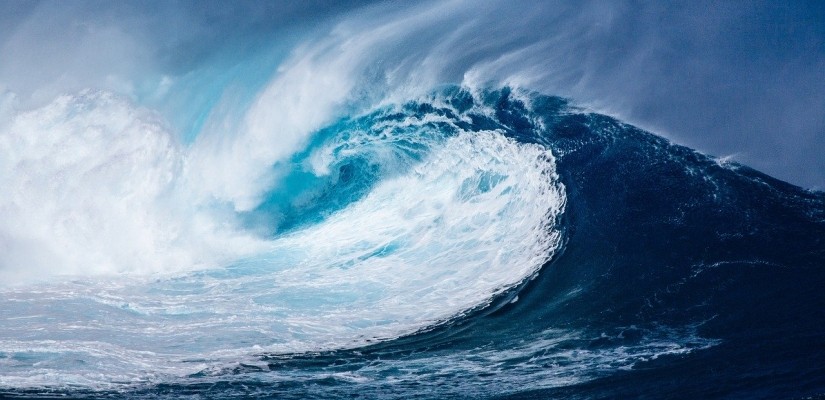
In 2019, Indonesian President Joko Widodo announced plans to move the country’s capital from Jakarta to Borneo. Scientists have now identified a potential tsunami risk in the Borneo region. By studying evidence of ancient underwater landslides in the Makassar Strait between the islands of Borneo and Sulawesi, researchers revealed 19 distinct zones along the strait where mud, sand, and silt have tumbled downslope into deeper waters. Seismic data shows that the sediments are being re-worked and piled up over time in the Makassar Straight by oceanic currents. Scientists say that over time this activity could produce large waves at the sea surface and inundate Balikpapan Bay.
While the tsunamis are low-frequency, high-impact events, and not an immediate threat, the Indonesian government should take note of the risk and plan accordingly. Indonesia experienced two landslide-driven tsunami events in 2018 - when the side of the Anak Krakatau volcano collapsed and separately when a quake triggered slope failures in Sulawesi's Palu Bay.
